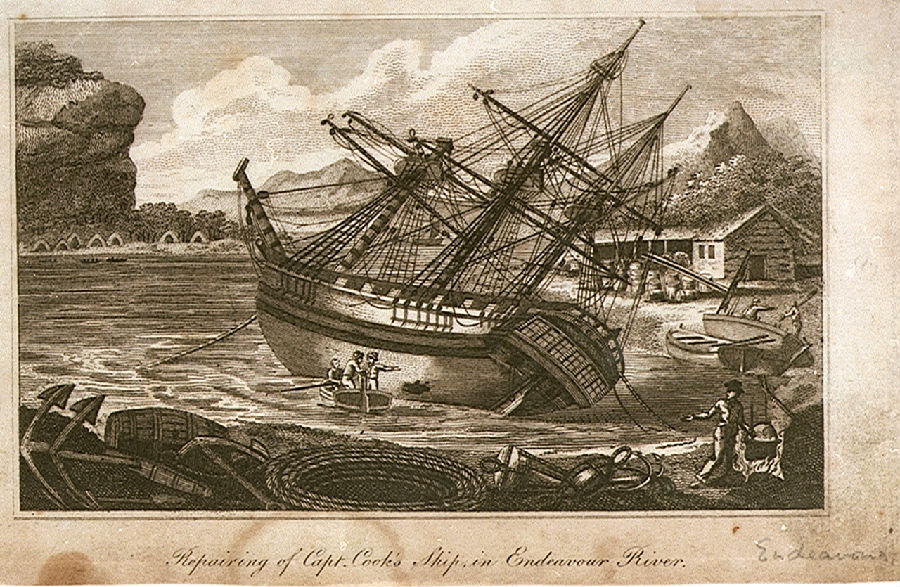This was an amazing disclosure. Joseph Banks was England's greatest botanist, and the Endeavour voyage — that is the one on which Captain Cook charted the 1769 transit of Venus and claimed Australia for the crown, among rather a lot else — was the greatest botanical expedition in history. Banks paid 10,000 pounds, about $1 million in today's money, to bring himself and a party of nine others — a naturalist, a secretary, three artists, and four servants — on the three-year adventure around the world. Goodness knows what the bluff Captain Cook made of such a velvety and pampered assemblage, but he seems to have liked Banks well enough and could not but admire his talents in botany — a feeling shared by posterity.

Never before or since has a botanical party enjoyed greater triumphs. Partly it was because the voyage took in so many new or little-known places — Tierra del Fuego, Tahiti, New Zealand, Australia, New Guinea — but mostly it was because Banks was such an astute and inventive collector. Even when unable to go ashore at Rio de Janeiro because of a quarantine, he sifted through a bale of fodder sent for the ship's livestock and made new discoveries. Nothing, it seems, escaped his notice. Altogether he brought back thirty thousand plant specimens, including fourteen hundred not seen before — enough to increase by about a quarter the number of known plants in the world.












